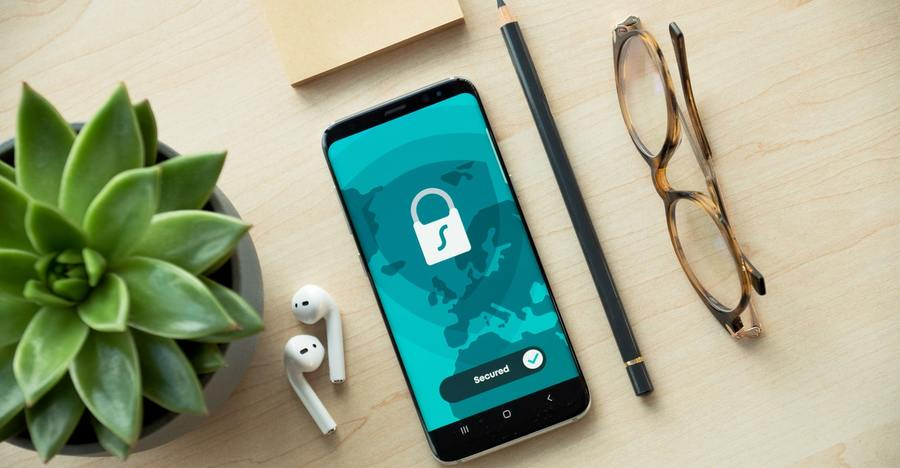7 Ways to Improve Your Privacy in 2022
Your personal privacy is more important than ever. From encrypted devices to smart TV settings, here are seven practical steps you can take to protect your data and keep your information secure.
1. Encrypt Your Computer
Your computer stores sensitive information like tax documents, bank accounts, and medical records. If your device is lost or stolen, this data could easily fall into the wrong hands. Encryption is basic security hygiene, much like washing your hands or wearing a mask. According to Cooper Quintin, a cybersecurity expert at the Electronic Frontier Foundation, everyone can follow these simple rules and benefit greatly.
There are two main types of encryption: data in motion (like messaging apps such as Signal, which use end-to-end encryption) and data at rest (files stored on your device). Properly encrypted hard drives are unreadable without the decryption key, making your data truly private—even deleted files can’t be recovered without it.
Encryption is especially useful if your phone or computer is lost or stolen.
How to Encrypt a Mac:
- Click the Apple logo in the top left corner of your screen.
- Select “System Preferences” > “Security & Privacy,” then go to the “FileVault” tab.
- Click the lock icon in the bottom left, then enter your administrator name and password.
- Select “Turn On FileVault.”
- Choose a recovery method in case you forget your password (Apple explains this in detail, but a local recovery key is usually the simplest option).
- Click “Continue” and let your hard drive encrypt in the background.
How to Encrypt a Windows Computer:
- Log in to your Windows administrator account.
- Click “Start” > “Settings” > “Update & Security” > “Device Encryption.”
- If you see the device encryption option, select “Turn On.” If not, Windows will prompt you to click “Manage BitLocker” to enable it.
2. Adjust Your Smart TV Settings
Smart TVs can be a privacy risk. According to the FBI, manufacturers and app developers may be able to listen in and watch you, and hackers could even access your TV’s camera and microphone. To protect yourself:
- Disconnect your TV from the internet when you’re not using online features.
- Disable Automatic Content Recognition (ACR) in your TV’s settings.
For Samsung TVs: Go to Menu > Support > Terms & Policy or Menu > Smart Hub > Terms & Policy. For other brands, check the step-by-step guide from Consumer Reports.
3. Blur Your Home on Google Street View and Bing Maps
Google Street View is both useful and invasive, giving anyone a street-level view of your home. You can request Google or Microsoft (for Bing Maps) to blur your house:
- Go to Google Maps and enter your home address.
- Drag the yellow “Pegman” icon onto the map in front of your house to enter Street View.
- Click “Report a problem” in the bottom right corner.
- Explain why you want the image blurred (e.g., for safety reasons).
- Enter your email address and click “Submit.”
Google will email you once your request is processed. Note: Blurring is permanent and cannot be undone.
4. Check Devices for Spyware
The simplest way to prevent spyware on your phone is to keep it locked and out of others’ hands. You can also scan Android devices with antivirus apps. On iOS devices, go to Settings > General > Profiles & Device Management to check for suspicious profiles.
5. Ask Your Mobile Carrier Not to Share Your Data
Major carriers like T-Mobile, AT&T, and Verizon often share customer data with third parties, usually for advertising. Take the time to request that your carrier stop sharing your information. After all, you’re paying them, and protecting your privacy is the least they can do.
6. Check Your Computer for Keyloggers
Keyloggers record every keystroke you make, including emails, passwords, and web searches, and send this information to whoever installed the software. Like spyware, keyloggers are often used for abuse. Use antivirus software to detect them, and check your system settings for any suspicious permissions granted to unknown apps.
7. Consider Privacy When Searching and Browsing
Google’s Incognito mode won’t keep your secrets safe, but browsers like Tor can. The only technical skill you need for private browsing is the ability to download (and update) the right browser.
By following these steps, you can significantly improve your privacy and protect your personal information in 2022 and beyond.



